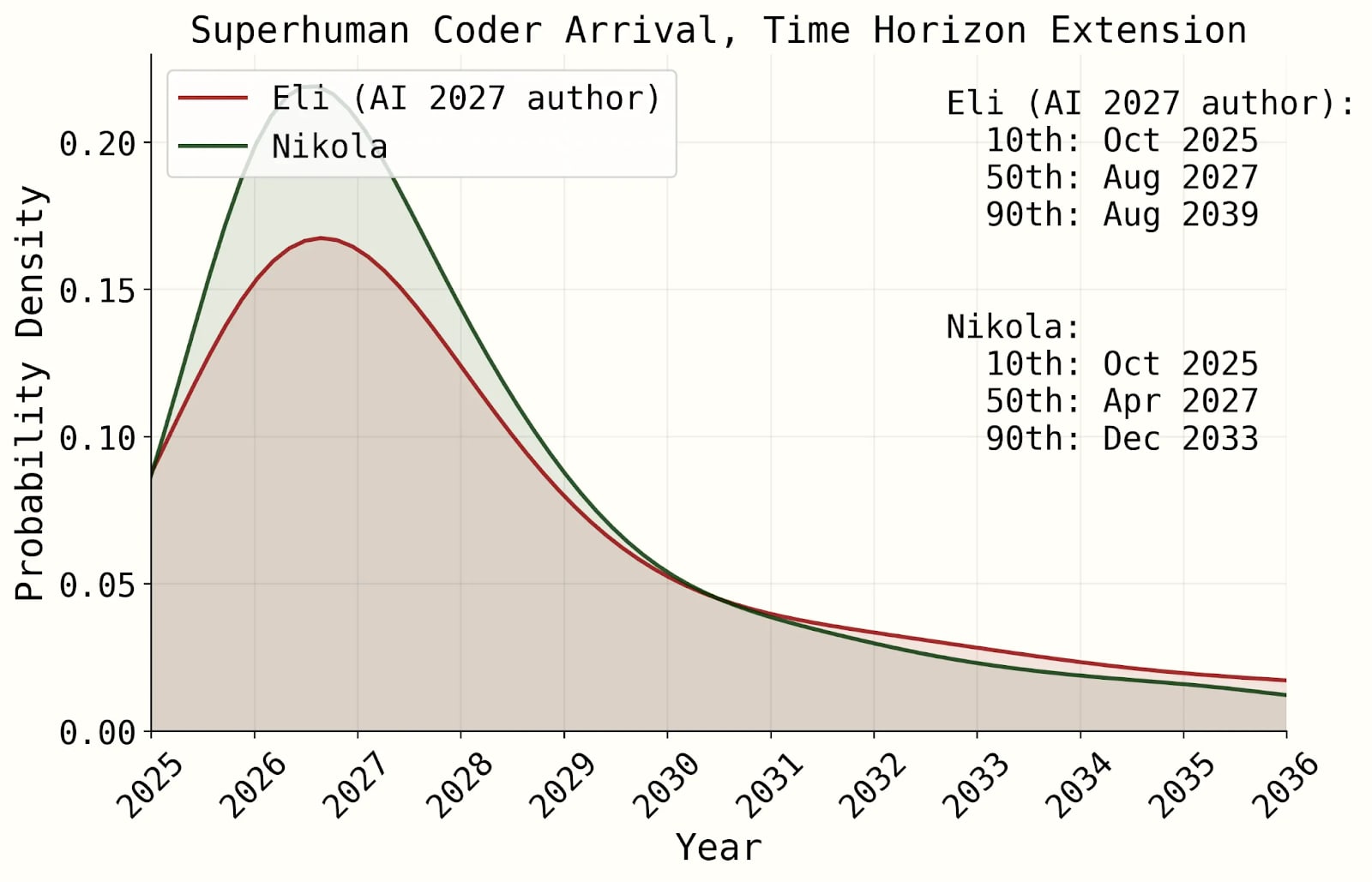TL;DR
Placing kits with helpful tools and information around the world in order to improve the chances of civilization recovery in the case of a 99.999% to 99.9999% population decrease (approx. 100K to 10K individuals alive).
Goals
- Increasing chances of survival and successful civilization recovery
- Preserving human knowledge
- Enabling making contact quickly with more humans
Operations
- Kits will be placed in well known places (e.g. libraries, museums, public transport stations, etc).
- Items in the kit will be updated every X years (this will be funding bottlenecked)
Funding / Business Model
Option 1: Use EA funding
spread kits around the world
Option 2: Sell the kits
- Maybe explicitly say something like “for each kit you buy, we’ll put another kit somewhere else in the world”.
- Maybe sell a subscription where we send updates to existing kits periodically.
Open Source
- Kit specification with all contents be publicly available and open source
- A guide for making your own kit will be available
What will be in the kit?
Epistemic status: Initial idea exploration
These kits could include (incomplete list):
- Information / Knowledge
- Paper copy of Wikipedia
- Paper map with more recovery kit locations
- Tools
- Manual electrical generator (e.g. with a hand crank)
- Laptop with useful things:
- Offline copy of Wikipedia
- Select scientific textbooks
- Important open source projects
- Linux kernel
- Math libraries
- Scientific software
- Offline world map
- Ability to replicate laptop contents to other
lootedfound computers
- Radio transceiver
- Maybe with instructions to extend range
- Extras
- Some candy to lighten the mood?
- A collection of zombie games to “lighten the mood”
Side Notes
What about security / vandalism / premature looting?
A naïve solution (and which can probably be improved) is locking the box as long as there’s electricity. If you care about the security of this, more ideas welcome
More Operation Stuff
- Kit updates are “append only” for existing kits
- Digital content updates will be sent on physical media
- Tools will be sent with a courier
- The boxes may have an “insert only” opening to allow these updates without opening to box
More About Goals
- This project is a bit different from previous discussions. I don’t want to be too opinionated about “How to recover”, the primary goal is knowledge preservation and let people figure out what to do with it.
- This project is not aimed to help in all kinds of catastrophes.
Call To Action
- Help me figure out how impactful this might be
- Fix critical flaws in this idea
- Open this project yourself and I’ll help with all the engineering
- Convince me I should lead this project
- (Maybe partner with me about this?)
Less Important call to action
- Suggest updates to this list with other useful things
P.S. this idea came to me in a dream a few days after EAGx Berlin 2022, not sure what to do about that 🙃



One avenue that might be helpful in assessing impact would be to see what plans already exist for knowledge preservation in the face of disaster and what kinds of information they don't include that you think might be of vital importance.
For instance, while "a paper copy of wikipedia" sounds cool, preserving paper over a long time span is actually quite difficult. Archivists have special trainings in how to preserve paper and other materials.
The good news is, a lot of archivists and librarians have already thought about this specific problem. Most archives that I am familiar with have what they call a Disaster Plan. These cover everything from a "minor" flood that could happen tomorrow, to larger scale disasters that could happen in the future. These plans are specifically built to be flexible to accommodate a wide range of possible disasters that could threaten knowledge preservation. Many archives are built to survive natural disasters and keep paper copies of their records in the event of power failure. An (incomplete) list of some of their plans can be found here. Of course, not every archive or library has the money to have a super-robust plan, but groups like the Smithsonian, National Archives (including the patent office), British Library, etc., have a lot of info stored in vaults for exactly these kinds of scenarios.
It could be the case that the type of information you think is most vital to save civilization is not already stored in traditional archives and libraries. For instance, CJR did a report in 2019 that found that many newspapers, especially digital publications, do not have a good disaster plan in place. (Many newspapers solve this, however, by partnering with libraries who do the preservation work for them). Perhaps one helpful brainstorm would be what kinds of information are not already in archives/libraries, or ways you think archives/libraries could make their material more accessible post-disaster?
It also sounds like you want these kits to include tools. That might be a higher impact way to focus, as I don't know of a worldwide network of accessible generators, etc. But that could be really cool!